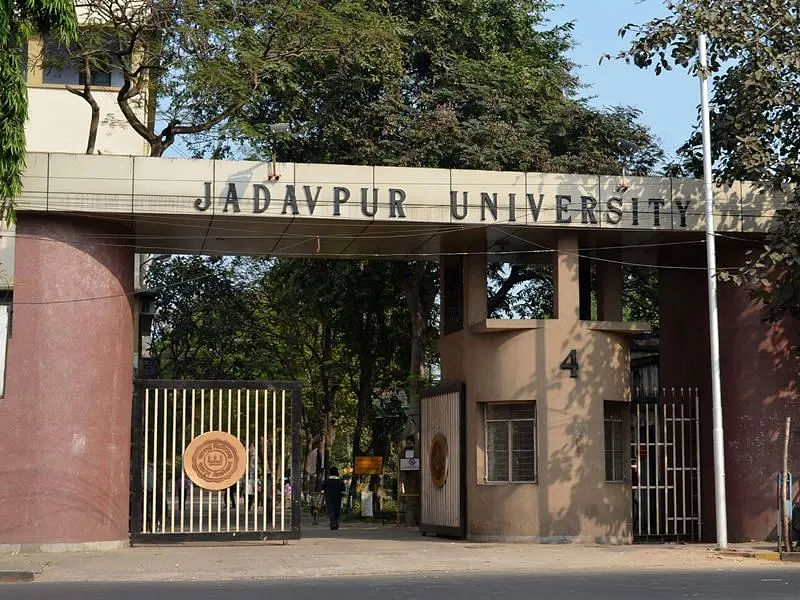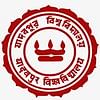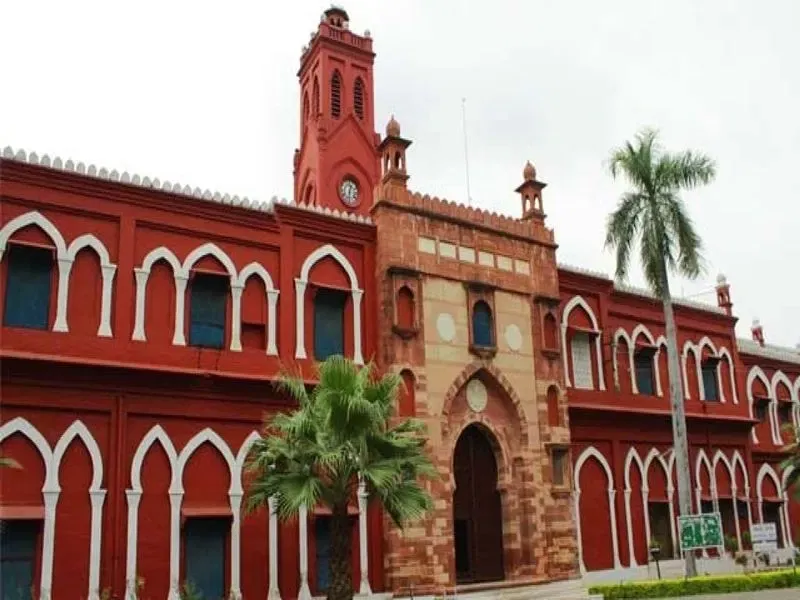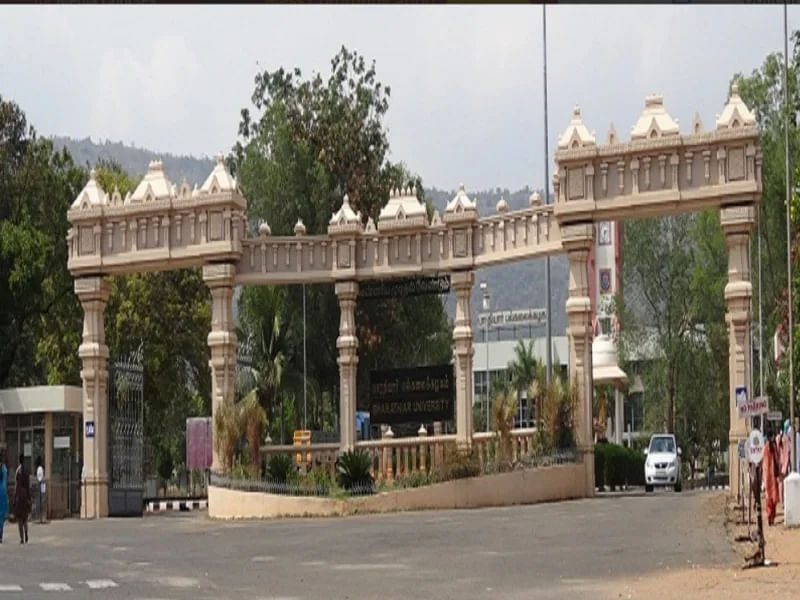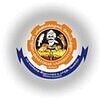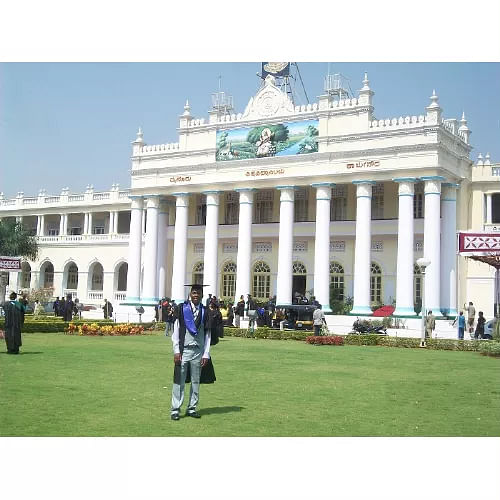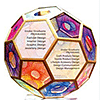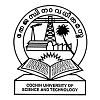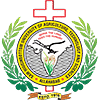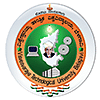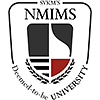M.Lib.I.Sc Syllabus and Subjects

The MILB syllabus is a one-year program divided into two semesters focusing on advanced library principles and information science practices. The course covers planning and management, library management, research methodology, etc.
After graduating from the M.Lib.I.Sc course, candidates have a wide range of job opportunities in both the private and public sectors. They can work as Library Assistants, Professors, Academic Librarians, Research Students, etc.
Table of Contents
- Semester Wise M.Lib.I.Sc Syllabus
- MLIS IGNOU Syllabus
- M.Lib.I.Sc Subjects
- M.Lib.I.Sc Reference Books
Semester Wise M.Lib.I.Sc Syllabus
The MILB syllabus teaches library work ethics and information science principles. The one-year course includes electives, internships, and projects. Listed below in the table is the M.ILB Syllabus broken down in the semester-wise system.
MLIS 1st Year Syllabus
In the table given below is MILS Syllabus for 1st year:
|
Semester I |
Semester II |
|
Knowledge, Information and Communication |
Informatics and Scientometrics |
|
ICT Application in Library Services |
Information Systems and Networks |
|
Intellectual Property Rights & Copyright |
Content Management & Digital Library |
|
Information, Communication and Society |
Management and Organisation of Libraries and Information Centers |
|
Library Classification |
Research Methodology |
|
Information and Digital Literacy |
Disseratation |
M.Lib.I.Sc 1st Year Practical
The M.ILB syllabus has list of practicals that is offered in the course:
- Library Cataloguing
- Information and Communication Technology Applications in LIS
- Information, Systems and Programmes
MLIS IGNOU Syllabus
Indira Gandhi National Open University (IGNOU) offers undergraduate and postgraduate distance education courses. One of these is M.Lib.I.Sc, or MLIS. The MLIS course duration at IGNOU is one year. Below is the MILS IGNOU syllabus:
MLIS 1st Year Syllabus
In the table given below is MILS Syllabus for 1st year at IGNOU.
|
Semester I |
Semester II |
|
Information, Communication and Society |
Research Methodology |
|
Management of Library and Information Centres |
Academic Library System |
|
Information Sources, Systems and Services |
Technical Writing |
|
Information Processing and Retrieval |
Information and Scientometrics |
|
Fundametals of Information Communication Technologies |
Public Library System and Services |
|
Information Communication Technologies: Application |
Disseratation |
|
Preservation and Conservation of Library Material |
- |
M.Lib.I.Sc Subjects
In the LIB Subject for Masters, candidates study topics such as Information Systems and Technology, Cataloguing and Classification, and Public Library Systems and Services, to name a few. The MLIS subjects are divided into three parts: core, electives and practical subjects, which are given in the lists below:
M.Lib.I.Sc Core Subjects
The M.lib.sc syllabus contains a list of core subjects which is given in the list below:
- Informatics and Scientometrics
- Information Systems and Networks
- Information, Communication and Society
- Marketing of Library and Information Products and Service
- Information Repackaging and Retrieval
- Advance Knowledge Organization: Cataloguing Practice
- Information and Communication Technology Applications in LIS
M.Lib.I.Sc Electives Subjects
The MLISc syllabus offers a range of elective courses, listed below:
- E-Resources Management
- Planning and Management of Academic Library System
- Research and Technical Library and Information System
- Internet and Web Resource
- Content Management & Digital Library
M.Lib.I.Sc Subjects In Detail
The M LIB course syllabus focuses on many subjects, such as Public Service Management, Information Communication and Society, Information and Retrieval Systems, etc. Listed in the table given below are MLISc course subjects in detail:
| MLISc Subjects | Topics |
| Information Repackaging and Retrieval | Abstract & Abstracting, Index and Indexing, Abstracts Repackaging and consolidation, Citation indexing, Information Retrieval System. |
| Information Technology | Information Technology and Libraries, Software packages, Library automation software packages, Human Computer interfaces, Network types. |
| Informetrics and Scientometrics | Information Science, Bibliometrics, Scientometrics, Informetrics and Webometrics, Information Products. |
| Library Cataloguing | Contributions of Cutter, Lubetzky, Ranganathan in the field of Cataloguing, Subject Cataloguing, Layout and rules for the Union Catalogues of Books, Periodicals, Indexing and Abstracting Journals and National Bibliographies. |
| Information Sources and Systems in Social Sciences | History of Social Sciences, Secondary Sources, Web based sources, Information Systems and Networks in Social Sciences. |
M.Lib.I.Sc Course Structure
The M.LIb.Sc syllabus course structure covers core subjects on important information, library management and maintenance, and skill-based electives. Additionally, other aspects of the course are listed below:
- II Semesters
- Core Subjects
- Elective Subjects
- Practicals
- Projects
- Internships
M.Lib.I.Sc Teaching Methodology and Techniques
The M.Lib syllabus covers various teaching methodologies and techniques, including traditional classroom-based methods and training in technical writing. Here are some of the teaching methodologies:
- Projects
- Conceptualized Learning
- Traditional Classroom-Based Teaching
- Field-Based Learning/Study Tour
- Assignments
- Internships
M.Lib.I.Sc Projects
The Master of Library and Information Science syllabus has projects, also known as dissertations, which candidates must complete by the end of the second semester. It evaluates the aptitude and knowledge of candidates for career prospects. Listed below are some of the MLIS project topics:
- School Libraries as an Effective Instrument for Achieving Academic Excellence
- The Problems and Prospect of Reference Services in Academic Libraries
- Information Retrieval Systems in Academic Libraries
- Development of E-Library and Management of Index in the Digital Culture
- Maintenece, Preservance and Records of Information through Rare Collective Item Books
- Impact Of Poor Funding Of Indian Libraries On The Literacy Level Of Indians.
M.Lib.I.Sc Reference Books
Here is a list of the books included in the Master of Library and Information Science syllabus:
|
Name of the Books |
Authors |
|
Making Sense of Library Automation: A Hands on Guide |
Chidrupananda, Swami |
|
Modern Library Automation |
Gopal, Krishan |
|
Handbook of Library Security |
Grewal, Gagandeep |
|
Approaches to Modern Librarianship |
Siwatch, Ajit S |
Top M.Lib.I.Sc [Master of Library and Information Science] Colleges
Top Arts Entrance Exams
M.Lib.I.Sc Fee Structure
FAQs on M.Lib.I.Sc Syllabus and Subjects
Q: What is the syllabus of M.Lib.I.Sc science?
Q: How many subjects are there in Mlisc?
Q: What are the books for M.Lib.I.Sc syllabus?
Q: Is MLIS a PG degree?




